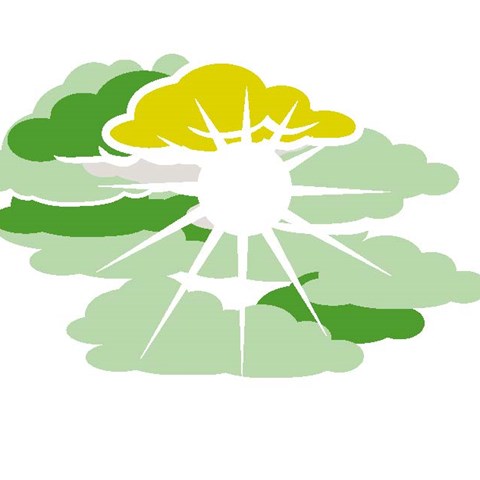Environmental report 2023
Each year, the Environment Unit compiles an environment report. The original document is written in Swedish. Below, you can read an extract from the report and a list of the environmental improvements SLU made during 2023. There are also details of the challenges we will face over the coming year.
Environmental improvements during 2023
- The Swedish universities climate network continued its focus group work. Three such groups have been established for business travel, learning for sustainable development and buildings and energy.
- SLU adopted new sustainability promises in the fourth and final action programme for environmentally sustainable social development (Uppsala County).
- SLU continues to participate in the Uppsala Climate Protocol and during 2023, the university was active in two focus groups: sustainable goods transport and the hunt for plastics.
- SLU has taken on five climate challenges from the Umeå Municipality climate programme. These are: choosing sustainable goods transport, transitioning to sustainable non-road mobile machinery, improving the energy efficiency of buildings, choosing sustainable heating and finally, training and participating in climate and sustainability issues.
- Atea, SLU’s IT supplier provides a take-back service. During 2023, SLU achieved a take-back of over 69 per cent, and sights are set for 100 per cent. This means that SLU has contributed to climate savings of 94 295 kg CO2
- SLU places well for the ‘zero hunger’, ‘climate action’ and ‘life below water’ goals in the Times Higher Education ranking that assesses international universities against the Sustainable Development Goals of Agenda 2030.
- SLU took fourth place out of 20 in the Climate Students Climate Action Ranking.
- There is an ongoing procurement for biochar production together with an external party. The aim is to use substrate from projects in Ultuna and shredded garden waste from Alnarp to produce biochar that can then be used on SLU’s land.
- In 2023, SLU participated in the Bioblitzen Biodiversity Campus Challenge.
- During the autumn of 2023, SLU ran the Agenda 2023: SLU sustainability day, which involved a packed programme of interesting lectures and workshops.
- As part of the SLU environmental management system, in 2023 the Environment Unit organised certification training in Multisite with sampling, the certification system implemented at the university in 2021.
- During autumn 2023, twelve climate-positive projects received funding from SLU’s climate fund.
- Approximately 90 per cent of all course coordinators have participated in a sustainable development workshop.
- Approximately 65 per cent of all operations that participate in SLU’s quality enhancement activities provide data on the website as per the current environmental data management quality guide.
- SLU’s properties produced fossil-fuel-free electricity and fossil-fuel-free heating meeting 46 and 99 per cent of usage respectively.
- Energy consumption during 2023 was 209 kWh per m2 in the properties SLU rents from Akademiska hus, a 9 per cent reduction since 2019.
- Environmental requirements have been placed on all procurements where relevant following an environmental risk assessment.
- Domestic flights have decreased by 73 per cent and international flights by six per cent since 2019.
- SLU has retained its ‘bike friendly’ diploma (campus Ultuna).
Plans for the coming period
Below are a number of items which the university will be highlighting over the coming year:
- Organise events on sustainable leadership and sustainable studies as part of the Swedish universities’ climate network, and continue to work with the focus groups.
- Place on the Times Higher Education sustainable development goals ranking.
- Continue to work with the six focus areas linked to the vision for a climate-neutral university by 2027, by ways such as the biochar production procurement.
- The group overseeing SLU’s vehicle fleet will continue work to help staff to purchase vehicles in line with SLU’s guidelines and vision.
- Work with the environmental objectives will continue, including those linked to SLU’s forest holding and trees on SLU’s three main campuses.
- Work with local environmental objectives and action plans will continue.
- Continue to work with local environmental initiatives such as reducing the use of plastics and improving chemical handling procedures.
- Conduct the first follow-up of the fourth and final action programme on environmentally sustainable social development (Uppsala County). A new period of the Life on Land 2024–2028 action programme will be implemented.
